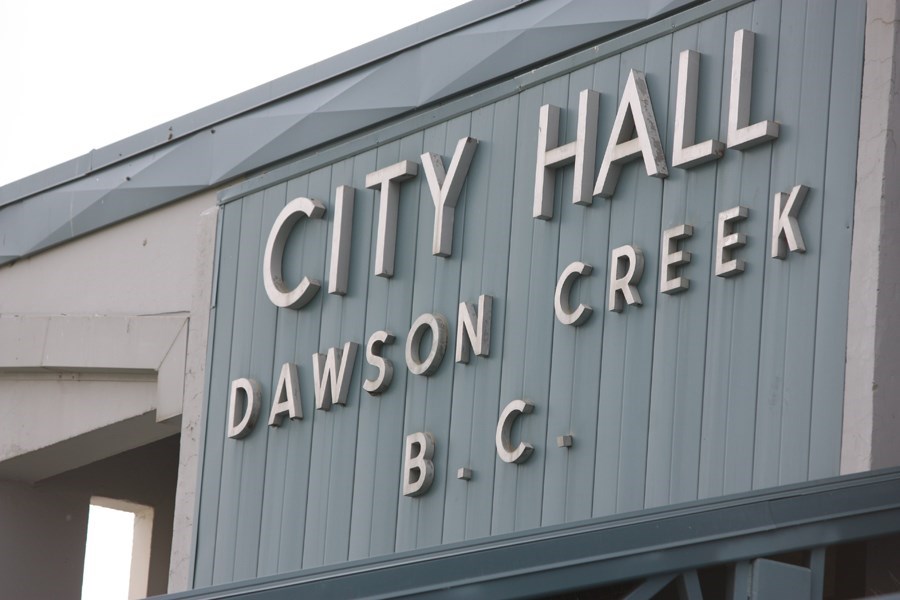The City of Dawson Creek has set their budget for animal control, with council voting in favour of renewing their contract with the BC SPCA for just one year at $240,778 for 2024, while they review bylaw to scale back services to core functions.
The SPCA has historically been contracted by the city to provide animal control, and the organization sought an increase over a period of four years, $240,778 in 2024, $275,449 in 2025, $310,120 in 2026, and $344,791 in 2027, roughly a one percent increase to the city's budget.
During their March 11 regular council meeting, Mayor Darcy Dober said an increase would likely fall on taxpayers, as one percent just for SPCA is too significant.
"Not taking away from what the SPCA does or the team down there, I really believe they're an asset to our community and they do an unbelievable job, and I know our staff has worked hard to try to look at, you know, other areas," said Darcy. "But I agree with Councillor Parslow, I just principally can't support this."
"That revenue is going to have to come from a tax increase, there's no other way," he added, noting there's core services like transit that also need consideration.
Coun. Charlie Parslow said the long-term need of the community is to have a "solid financial platform to operate the core services" but acknowledged the need for public safety, suggesting the motion to renew their contract just for 2024 and to review bylaw functions.
"We have a Cadillac service here. And we are being asked to shoulder on a massive increase as a percentage," said Parslow, noting he would not support any increase until information is provided on a service cost without cats included.
Having taken a recent tour of the South Peace SPCA facility, coun. Jerimy Earl said it would difficult to bring the services in-house.
"Barring a dramatic change in the service level, I don't see how we as a municipal government could replicate what they do for a comparable amount of cost or comparable dollar amount," he noted.
Earl added he wasn't acutely aware of disease control, testing, and lab work administered by the SPCA when they bring in stray litters of abandoned cats.
"Just some things I really didn't consider that could potentially impact our region if they're allowed to languish or they gain a foothold and snowball," Earl said, noting he understands a cost increase is difficult to swallow.
"I don't know if getting out of a significant portion of the business altogether is going to serve the long-term interests of the community as far as health and safety, not only for animals, but for people," he added.
City CAO Kevin Henderson explained that the services provided by the SPCA would still be cheaper than the city taking on the work themselves, noting the SPCA has already held the contract price for the past year, and are willing to do another one-year contract - it's more a matter of deciding if they want the service.
"If we do want the service in the community, if we want animal control, then the cost is going to be cheaper to go with the SPCA than it is for us to do it house," said Henderson.
Henderson added that the SPCA did inform them that the costs wouldn't significantly change if you excluded cats from animal control, noting it's a service very few want to take on, including bylaw and RCMP.
"We've reached out to other people around, nobody wants to do it. This is not an endeavour that people are clamouring to take on," he said. "That's part of the issue. The SPCA do this. This is what they do and there's not really anybody else that wants to do it."
Memo by Tom Summer on Scribd



